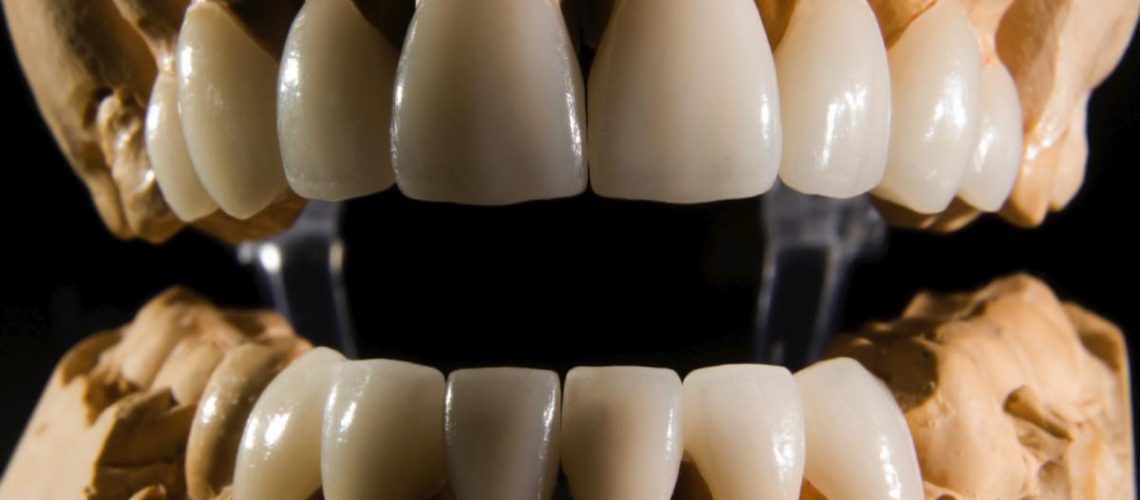Teeth of Steel
When geologists want to know how hard a mineral is, they use a scratch kit to perform a relatively simple test: they just check to see if the mineral in question can visibly scratch the surface of other minerals. This method for testing mineral hardness has been recorded in human history as early as 300 BC by a Greek philosopher named Theophrastus, but it still gets used today. With the data from the scratch tests, there are then a number of ways to rank the hardness of minerals. The Mohs scale of mineral hardness is one popular ranking system which sorts minerals along a ten point hardness scale. Minerals like lithium, sodium, and potassium sit at the lower end of the Mohs scale, ranking lower than level 1. But a diamond, on the other end, is ranked at level 10 of the Mohs scale, the highest level, making it among the hardest minerals on earth. This isn’t surprising; many of us know that diamonds can cut through glass and that the only thing that can cut a diamond is other diamonds.
So if tooth enamel is harder than iron, why do my teeth still chip and break?
Even though your tooth enamel is pretty hard, it’s not infallible. Chipping and breakage can still occur for a number of reasons. In some cases, it happens because some kind of accident or injury hits your teeth with too much force, and your teeth would have broken no matter how hard they are. But in other cases it’s because your tooth enamel has been demineralized or eroded, which weakens your teeth and leaves them more susceptible to damage. Because your tooth enamel is largely made of non-living mineral, your body can’t replace it once it’s gone. This means you need to take good care of your tooth enamel now. You can help preserve your enamel by practicing your usual good oral hygiene habits: brushing twice daily with fluoride toothpaste, flossing once a day, and seeing your general dentist every six months for a cleaning. You should also avoid consuming acidic foods and beverages like soft drinks and fruit juices. If you must consume these drinks, you should try to brush soon after so the acid can’t linger on the surface of your teeth. Dry mouth, acid reflux, and certain medications can also erode tooth enamel.


